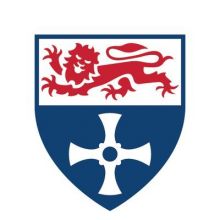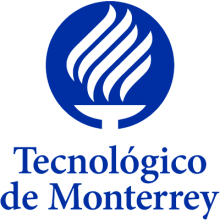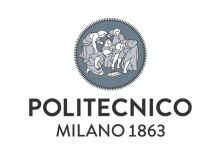关于 University of Tsukuba
The University of Tsukuba was founded in 1973, following the relocation of its predecessor the Tokyo University of Education to the city of Tsukuba.
The university’s main campus is spread across 258 hectares and is still located in the Tsukuba Science City, a science park developed in the 1960s. One in 10 of the residents in Tsukuba is a researcher. The city, which is northeast of Tokyo, is also home to more than 30 per cent of Japan’s national research institutes.
The University of Tsukuba also has a campus in Tokyo, which offers graduate-level evening courses.
The institution has a particular focus on interdisciplinary studies and internationalisation, with international cooperation agreements with North Africa and Central Asia.
Around 70 current and former students at the institution have participated in the Olympic Games. The university also does research and offers courses on the international sporting event.
Meanwhile, the university is home to three Nobel laureates: former presidents of the institution Sin-Itiro Tomonaga and Leo Esaki won the physics prizes in 1965 and 1973 respectively, while professor emeritus Hideki Shirakawa won the chemistry prize in 2000.
Jigoro Kano, the founder of the Kodokan Institute, the headquarters of the worldwide judo community, was the leader of the Higher Normal School and Tokyo Higher Normal School, which were antecedents to the university.
The institution’s slogan is: “Imagine the future”.
Tsukuba is a city in the northern Kantō region of Japan. Mount Tsukuba, also known as the “purple mountain” is famous for its double peaks.
University of Tsukuba 的排名数据分析
对比大学重要统计数据
关键统计数据
- 16%国际学生比例(1)
- 12.2每位教职员对学生数量(1)
- 26%Proportion of ISR Publications(1)
- 38 : 62女生对男生的学生比例(1)
- 15,383Number of FTE Students(1)
- ¥4,516Finance per Student (¥000s)(2)
University of Tsukuba 的授予学科
Engineering & technology
- Chemical Engineering
- Mechanical & Aerospace Engineering
- Civil Engineering
- Electrical & Electronic Engineering
- General Engineering
Arts & humanities
- Architecture
- History, Philosophy & Theology
- Languages, Literature & Linguistics
- Art, Performing Arts & Design
- Archaeology
Computer science
- Computer Science
Life sciences
- Agriculture & Forestry
- Biological Sciences
- Sport Science
Physical sciences
- Chemistry
- Geology, Environmental, Earth & Marine Sciences
- Physics & Astronomy
- Mathematics & Statistics
Social sciences
- Politics & International Studies (incl Development Studies)
- Communication & Media Studies
- Geography
- Sociology
Education
- Education
Psychology
- Psychology
Clinical, pre-clinical & health
- Other Health
- Medicine & Dentistry
Business & economics
- Business & Management
- Economics & Econometrics
- Accounting & Finance
Law
- Law










